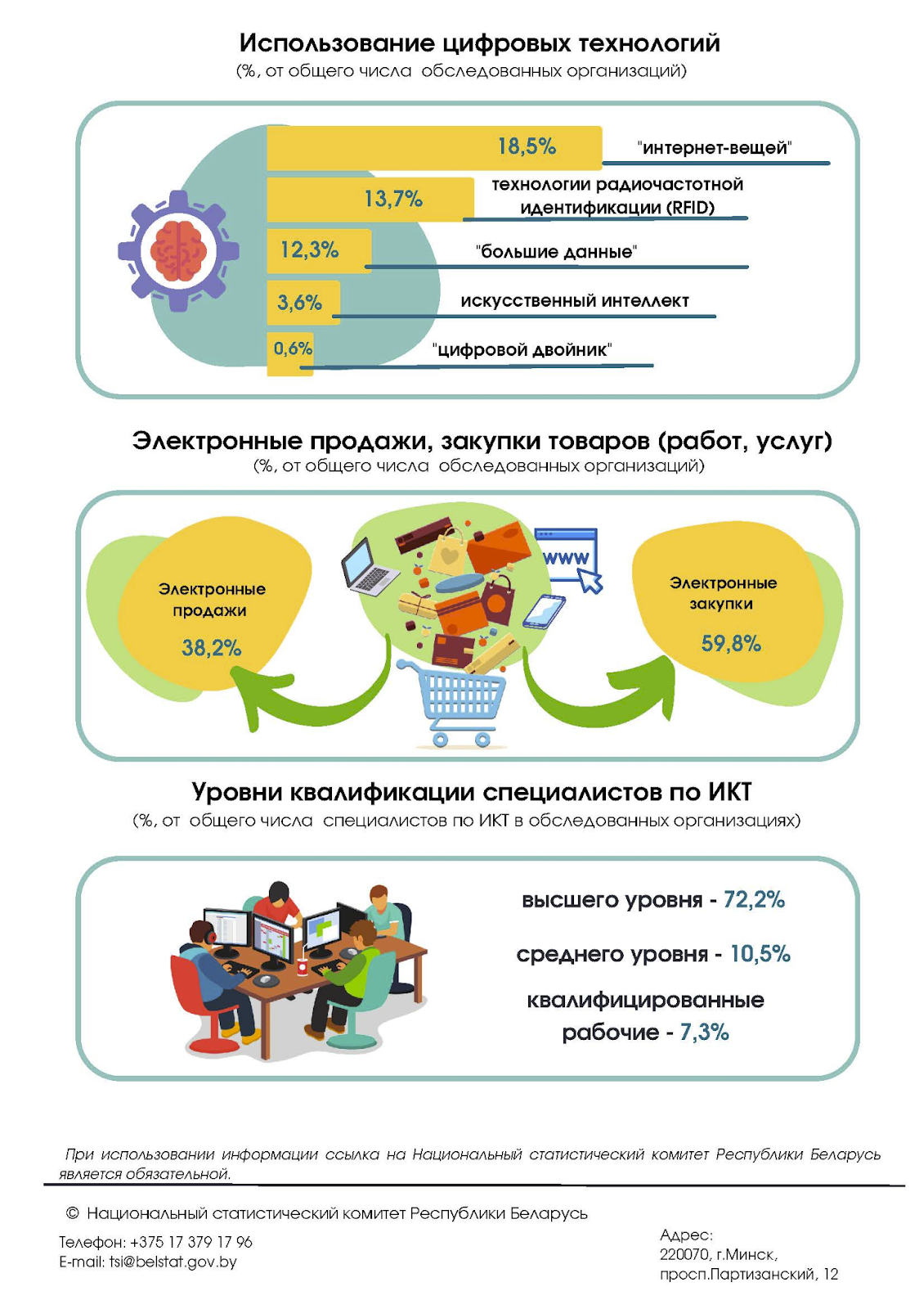We cover the major developments in technology, internet, and security that took place in the second half of June in our news overview for June 15-28, 2023.
International News:
Proton Mail and Proton VPN have published
official clarifications on Reddit in response to rumors of connections with the CIA/NSA.
Legislation
On June 4, 2023, the Council of the Republic of Belarus adopted
amendments to the media law facilitating the struggle against unwelcome media. They broaden the grounds for retaliation against foreign media, clarify their activities in Belarus, and simplify the annulment of registration and restriction of access to internet resources.
The prepared for
the second reading of the bill law amendments have been introduced to eliminate contradictions between the “On Mass Media” law and the President’s Decree No. 116 of March 22, 2022 “On News Aggregators on the Internet”
Former Minister of Information Lilia Ananich
commented on the innovations in the media legislation. They provide for an expanded toolkit of the Ministry of Information to combat destructive actions in the information space and to ensure national security. Among the innovations are symmetrical retaliatory measures against unfriendly actions of foreign states, which may lead to the restriction of their media in Belarus.
Internet Usage
The last Sunday of June in Belarus is Youth and Students Day, and on this day, special attention is paid to
the use of information and communication technologies by young people aged 14 – 30 years.
In 2022, the majority of young internet users in Belarus (aged 14 – 30 years) actively use the internet for various purposes.
(2022; in percentages of the total number of users aged 14 – 30 years)
Internet users aged 14 – 30 years by place of internet access
(2022; in percentages of the total number of users aged 14 – 30 years)
Skills of youth aged 14 – 30 years related to the use of personal computers
(2022; in percentages of the total number of users aged 14 – 30 years).
As of January 1, 2023, the number of young people aged 14 – 30 years in the Republic of Belarus was 1,640,287 people or 17.8% of the total population.
IT Sector Development:
The first signs of unemployment:
alarm is growing in the IT sector in Belarus-2022
Dev.by, the leading IT portal in Belarus, conducted an annual survey among local IT specialists, and the results of the third part of the survey cause serious alarm:
- The unemployment rate has reached a record 5.2%.
- Every fifth specialist works in companies that no longer have offices in Belarus.
- More than half of the surveyed IT specialists expressed doubts about the future of their careers.
It is also noticeable that products developed in Belarus are being chosen entirely, and outsourcing projects are partially relocated. These trends indicate possible negative consequences for the industry in the future.
About a third of IT specialists who moved to Poland made the decision to emigrate after the 2020 elections in Belarus, and two thirds – after the start of the war in Ukraine,
according to a survey by dev.by. The main reasons cited by respondents included the expectation of changes and reforms in Belarus (51.8%), fear of persecution (40.5%), fear of war and mobilization (33.1%), as well as the desire for a country with a higher standard of living (31%).
Economy

The
National Statistical Committee of Belarus reported that in 2022, 98.8% of local organizations actively used the internet and other digital technologies in their work.
In 2022, more than 8,000 organizations took part in the
state statistical observation on the use of digital technologies, reports Belstat. The results obtained showed that organizations widely apply information and communication technologies in their work. Almost 99% of organizations use the Internet, 79.4% have local computing networks, and 32.1% use Intranet and 16.4% – Extranet. More than half of the organizations (60%) provide their employees with technical means, such as smartphones and tablets, for wireless access to the Internet.
Among organizations connected to the Internet, 95.3% use fixed broadband access, and 73.6% prefer wireless access. More than 70% of them have a connection speed above 10 Mbps.
The main purposes of using the Internet by organizations include sending and receiving e-mail (98.8%), banking operations (97.3%), submission of reports and documents (96.8%), obtaining information about government bodies (88.6%), obtaining information about goods and services (87.6%), information services (78.8%), providing information about the organization (77.6%), searching for personnel (73%), remote work (69.6%), real-time dialogue and posting of ads (65.1%).
Of the surveyed organizations, 71.6% have a website. Among them, 71.9% use the website to publish catalogs of goods and services, 47% – to post vacancies and receive resumes, and 22.4% – for conducting electronic payments.
In 2022, 43.2% of organizations used cloud computing, primarily for email (76.6%), access to cloud software (58.7%), hosting databases and files (58.1%), and hosting their own software (29.6%).
The report also shows that 38.2% of organizations conducted electronic sales through messaging systems or special forms on websites or extranets, and 59.8% of organizations conducted electronic purchases of goods and services.
According to the data, digital technologies have widely penetrated business processes and sectors of the economy. For example, 18.5% of organizations used the Internet of Things, 12.3% applied big data, 13.7% used Radio Frequency Identification (RFID), and 3.6% applied artificial intelligence.
Belstat notes that the use of digital technologies requires certain skills from employees. High-level information and communication technology specialists make up 72.2% in the surveyed organizations, mid-level specialists – 10.5%, and skilled workers – 7.3%.
E-Learning

Belarus ranks 21st in the Global Skills Index on the Coursera platform in 2023
In the latest ranking compiled by the leading online education platform Coursera, Belarus ranked 21st among 100 countries worldwide in terms of demand for the courses offered and their successful completion by learners.
This result is lower than last year, when Belarus was ranked 12th. At the moment, 18,750 learners in Belarus have taken courses on Coursera, which is 43% less than in the previous year. Interestingly, women make up 44% of the total number of learners from Belarus.
This change in Belarus’s ranking may reflect various factors affecting the demand for online courses and educational programs in the country. Further research and data analysis can help understand the reasons for this decline and develop strategies to increase interest in online education in Belarus.
Security
The Ministry of Defense of Belarus will allocate 650 thousand rubles for the software and hardware complex of the Russian company Infowatch to prevent information leaks. According to the
Belarusian Investigative Center, this is the fourth attempt by the department to acquire such software over the last three months, previous
tenders were cancelled or did not take place. The Ministry of Defense last purchased software for information protection in 2021.
According to the Belarusian Investigative Center, the Ministry of Defense has not yet faced information leaks, while the “Cyber Partisans”
successfully hacked the databases of the Ministry of Internal Affairs, DOSAAF, Lukashenko’s security service, and other departments.
Repressions:

The “Zerkalo” portal is recognized as an “extremist formation”, the 135th on the list, according to the registry
After analyzing the registry of “extremist formations”, the Belarusian Republican Center for Human Rights and Legal Information (BRC) identified the following main facts:
- 55% of the formations on the list are Telegram channels and chats. These include factory chats and channels, and city groups containing the phrase “97%” in their titles. Even a chat named “Weekend Volleyball” made it onto this list.
- In second place are media outlets, making up 9% of the total number. In addition to the “Zerkalo” portal, the list includes media such as “Belsat”, “Radio Liberty”, “Flagstaff”, and others.
- In third place are various associations and trade unions, including the “Belarusian Independent Trade Union REP”, the “Belarusian Council of Culture”, the Belarusian Association of Journalists, and others.
In January 2023, even the music group Tor Band from Rogachev was recognized as an “extremist formation” due to the popularity of their songs during the protests in 2020.
Also on the list was the group Xinkalik, created in the Zello walkie-talkie application, which helps drivers navigate the roads. At the time the group was recognized as an “extremist formation”, it had 5 members.
The Ministry of Information has annulled the certificate of state registration of the newspaper “Narodnaya Volya” due to the absence of issues for six consecutive months. Access to the newspaper’s website
“Pressball” has been restricted, but the Ministry of Information does not provide details.
The Belarusian authorities have declared a new batch of online resources as extremist materials.
- The Ministry of Information updates the list of extremist materials: added are social networks of Russian warriors in Ukraine and works of the political analyst-critic Lukashenko
- The Belarusian authorities have declared the telegram channel “White Coats. News” extremist
- A court in Borisov recognized the page “Natalia Kachanova” in “Odnoklassniki” as “extremist material”
- An employee of the “One Window” service was sentenced to 5.5 years in a colony in the “KGB case”
Like this:
Like Loading...



